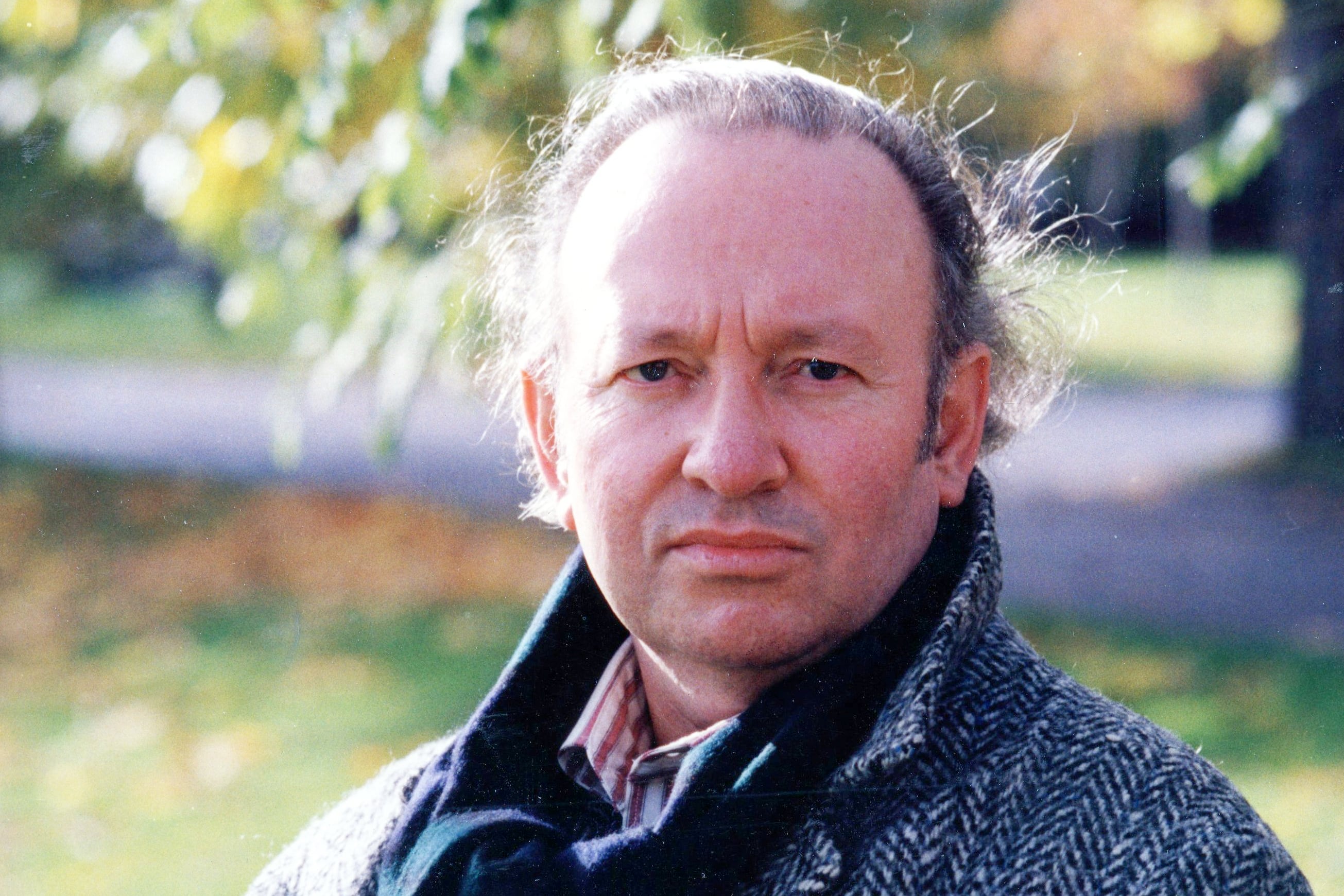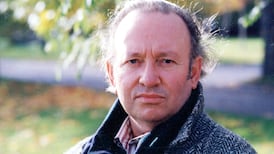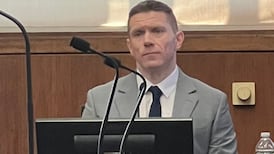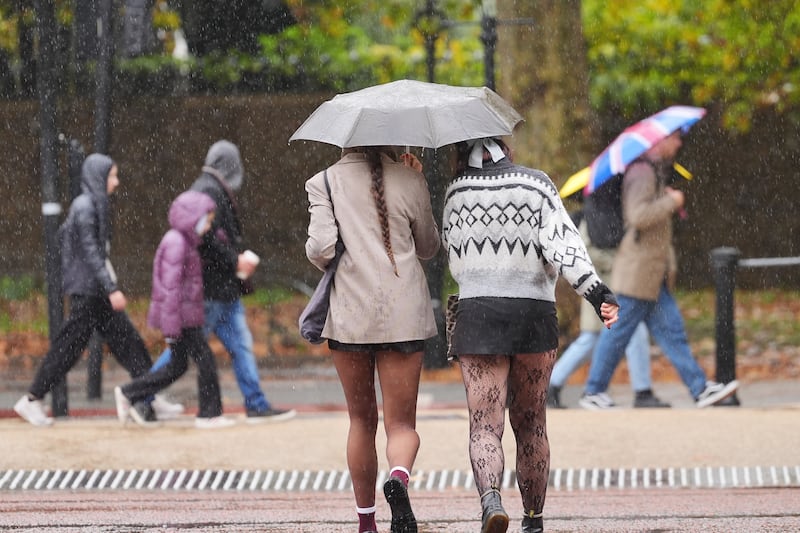You’ve recently donated your literary archive to the Linen Hall Library in Belfast. As a highly respected teacher of creative writing, how important is it that your archive is available for future writers? What will they learn?
I hope they’ll see what a messy business writing can be: all the scraps and fragments and marginalia and crossings-out are there in evidence. And I hope they’ll see how important editors are to steer you towards a better articulation of what you’re trying to express.
When you were growing up, how conscious were you of other Irish writers, especially Irish female writers?
Heaney and Friel were on the school curriculum and Edna O’Brien’s work was in our school library but we didn’t study any Irish female writers. I got all the way through an English degree at Queen’s without encountering a single one. When I did my master’s in Irish writing, we read Maria Edgeworth, Somerville & Ross, Elizabeth Bowen, Kate O’Brien. Janet McNeill and Christina Reid were the only two we read who had Northern Irish links. Up until then, the message we were getting subliminally was that female writers didn’t deserve the same consideration male writers did.
Did the idea of being a writer seem feasible to you as a young woman in Northern Ireland?
Not at all. I’d have said, when asked, that I wanted to be a teacher, even though I didn’t, a journalist if I was pressed. Those were acceptable and recognisable professions. Saying you wanted to be a writer would have been akin to saying you wanted to be an astronaut: I knew what they did but I’d no idea how you might set about becoming one.
[ Nomad, a short story by Bernie McGillOpens in new window ]
How important is the literary past and hinterland to your writing? Is it inspirational, or a place to jump away from?
I didn’t think much about that when I started to write. After I left Queen’s, I made an effort to read writers I hadn’t encountered before and I found Toni Morrison, Alice Walker, Margaret Atwood: women who wrote cracking good stories in voices that were distinctive and engaging and worthy of study. We didn’t share a literary background but those voices sounded recognisable to me.
READ MORE
Your novels The Watch House and The Butterfly Cabinet are historical – how much did archives and libraries play a part in the researching and writing of those novels?
A huge part. I spent hours in Coleraine Library scrolling through microfilm of the Coleraine Chronicle’s reporting on the Montagu trial for The Butterfly Cabinet, and I visited the National Archives in Dublin, which held records from Grangegorman Prison, where Annie Montagu was held. I got the opportunity to visit the Bodleian when I was writing The Watch House to view the diaries of George Kemp, Marconi’s assistant. Viewing historical records really brings home the human aspect of history and, for me, it can change the course of the fictional story.
You’ve written and spoken about quiet spaces where ‘the transparency of an inquiring mind’ can find rest and be celebrated. How important are cultural institutions like the Linen Hall Library in keeping those quiet spaces open?
So important. I was thinking a lot about this when I was gathering material for the archive. The use of AI has had a huge impact on the way we now gather information but it’s only as reliable as the sources it draws from. If its sources are skewed or biased in any way, then so will be the results. Librarians and archivists don’t push an agenda of any kind. They are custodians. They leave interpretation up to us. One of my favourite books is Anthony Doerr’s Cloud Cuckoo Land, a work about the importance of books and libraries and the people who look after them and how they might just save us all.
Which projects are you working on?
Mostly, I’ve been writing short stories. There are a couple of longer stories tapping me on the shoulder and I’m giving those some breathing space in case they have the legs for a novel. They could be bluffing. That happens sometimes.
Who do you admire the most?
Hilary Mantel. The Wolf Hall trilogy is genius. She’s such a consummate craftsperson. I’m in awe of her work.
[ People in the Wind: A short story by Bernie McGillOpens in new window ]
You are supreme ruler for a day. Which law do you pass or abolish?
I’d secure funding for a library in every school and one in every town. The town libraries would be open seven days a week, twenty-four hours a day to accommodate insomniacs. The librarians would get a break, though, there’d be funding to employ hundreds of them.
Which current book, film and podcast would you recommend?
Book: The Benefactors by Wendy Erskine. It’s word and tone perfect. It deals with the subject of sexual assault in a way that is perfectly balanced.
Film: The Lost Daughter, directed by Maggie Gyllenhaal and starring Olivia Colman and Jessie Buckley. It’s an adaptation of the Elena Ferrante novel of the same name; a fascinating portrait of the constraints and challenges of motherhood as well as the misogyny encountered by an older woman travelling alone.
What is the most beautiful book that you own?
I have a hardback copy of Maggie O’Farrell’s Hamnet that her editor Mary-Anne Harrington sent me. Mary-Anne edited both my novels. It has a dust jacket in blue and red and gold and endpapers in the same colours. It’s very beautiful, inside and out.
Bernie McGill will join Hugh Odling-Smee on Friday, November 7th, at the Linen Hall to discuss her archive and career, as part of the Belfast International Arts Festival

















